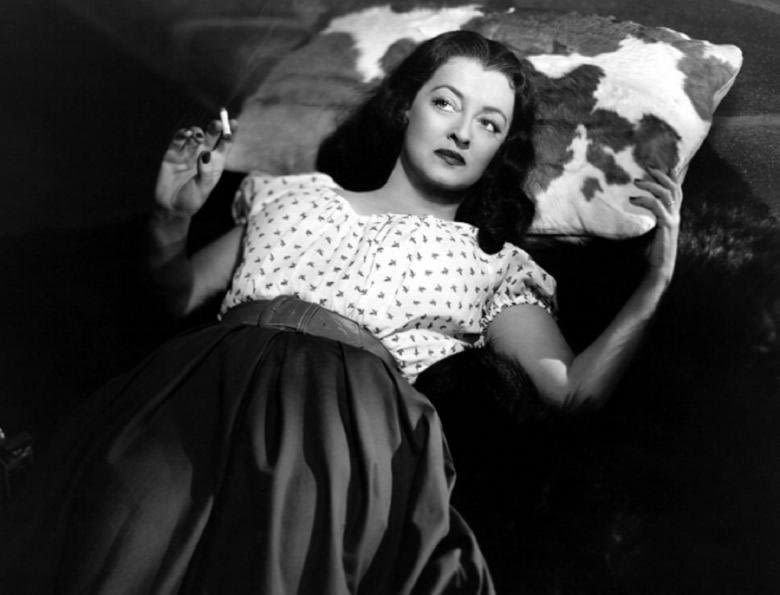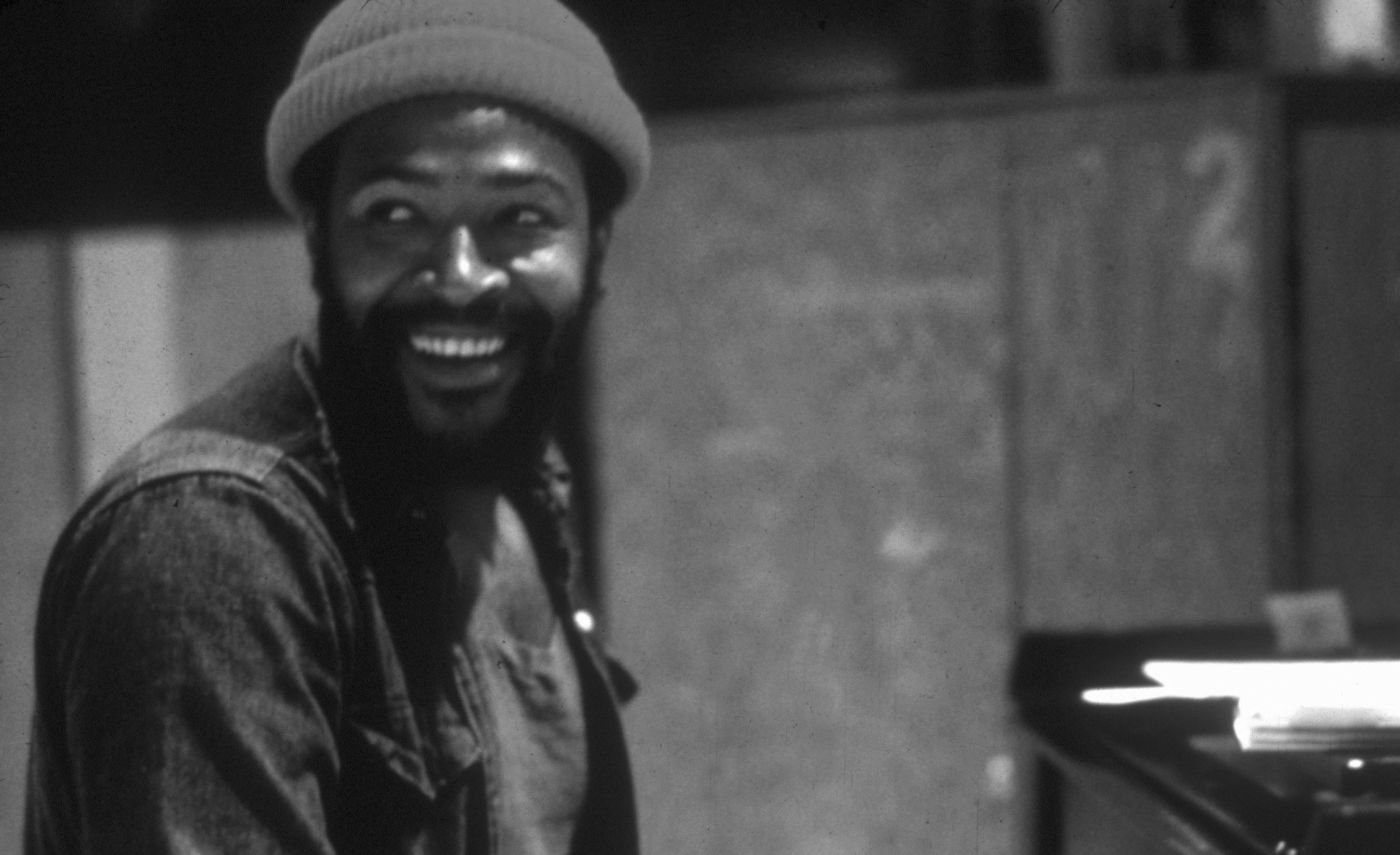When Heath Ledger died tragically, at just 28 years old, leaving an estimated $20 Million fortune behind, and a will he had not updated, his family made a huge decision that would impact his daughter's life forever.
BLOG
Categories
Symptoms to Look Out for After a Car Accident
If you’ve recently been in a car accident, it’s extremely important get the medical care you need as soon as possible. It is also crucial to monitor your symptoms, and possible injuries, for the sake of your health and the ability to receive financial compensation. Some symptoms to look out for after a car accident that may not appear immediately are swelling, neck pain, back pain, nausea, dizziness, headaches, confusion, mental fogginess, sensitivity to light and/or sound, and numbness and tingling in your arms and/or legs. All these symptoms could be signs that you sustained severe injuries in the accident.
Howard Hughes: Outer Limits
Howard Hughes sadly died on April 6th, 1976 at 70 years of age. However after many lawsuits, and multiple faked and forged wills, a judge eventually declared the billionaire had died intestate. It took 34 years to finally settle the estate.
Common Trusts: Parenting Beyond the Grave
Parents strive to be fair with their children. When setting up an estate plan, parents typically divide their accounts property equally among their children. However, children have different needs at different times and these needs do not always correlate with perfectly equal dollar amounts. Instead of simply dividing your accounts and property equally among your children, you can place accounts and property in what is known as a pot trust or common trust with instructions for your trustee on how to spend the money and property on behalf of all the beneficiaries.
Bette Davis: This and That
Bette Davis was one of Hollywood's "golden age" heroes. Her uncompromising intense style and determination to be known as more than just another "pretty" actress is more than an inspiration to many. Her success, however, came at the cost of her personal relationships with her partners and children.
What is a Pour-Over Will?
A pour-over will is a special kind of will commonly used alongside a living trust. If you do not set up a pour-over will to go along with a living trust, any money or property that does not pass to the trust or other beneficiaries at your death and therefore remains outside the trust at the time of your death could be treated as though you had died without a will and will pass to your heirs under the default laws of your state.
Marvin Gaye: What’s Going On?
When Marvin Gaye died he left behind an incredible catalog of the music he had created, but also a mountain of debt he owed and back taxes as well. To further complicate matters, the Motown star and soul icon died without a will leaving his family without clear instruction on how his estate should be administrated, and a puzzle as to how to pay his debts.
How to Talk to Mom and Dad about Creating a Will
Despite the valid challenges of having conversations about death and dying, you should not avoid the topic. Your parents will pass away. at some point, and having a plan to care for their money and property when they pass away will preserve their legacy and help them care for those they love most. Having this difficult conversation will also ensure that your parents have a voice regarding their end of life or when they can no longer make financial or medical decisions for themselves. In the absence of conversations about these scenarios and a legal delegation of decision-making authority, state law governs what happens. Those default rules may not reflect your parents’ wishes. In addition, failure to have your parents’ wishes properly documented may result in their heirs having to engage in expensive and time-consuming court processes.
Chris Cornell: Show Me How To Live
Chris Cornell died in March 2017. He had his estate planning documents in order, but that did not avoid several legal filings against the estate. And four years after his death, there are still multiple disputes with the estate pending.
Reasons a Trust Might Terminate
Every trust, at some point, will end. The reasons why a trust might terminate can vary, but in general, termination occurs because the trust has accomplished its purpose, is no longer economically feasible, has distributed all of its property, is revoked, or is dissolved by the court because of a dispute or an illegality.










